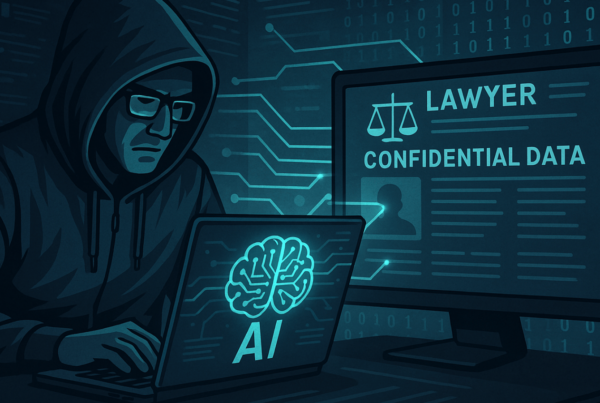Last week, I wrote that there are three essential building blocks for operational efficiency:
- Solid Systems: i.e., mapping out ideal workflows and use of well-crafted checklists
- Streamlined Workflows: i.e., paperless lawyering, automation, cloud-based storage & virtual collaboration
- Effective Delegation: i.e., you, as the lawyer, focus on only legal work, and outsource everything else as much as possible
And last Tuesday I explained what strategic streamlining is all about.
Today we’re going to get into more detail about, the third element, which is…
Delegation & Outsourcing
So, let’s start with a fundamental principle…
You should be doing only the things that you are exceptional at and which you love to do.
Everything else should be delegated (assuming it cannot be automated).
Finding talented people that you can delegate to is hard. But the people you hire don’t need to be as highly-skilled if you have a solid system for training them and managing them.
That’s why you need to create systems for every aspect of your practice.
But if you’ve got good systems for finding and training people, then you can delegate tasks to them easily. The payoffs are sometimes higher than automation because humans can figure out how to adjust to new situations.
Computers are learning, but still not as adept as humans at “thinking on their feet” when circumstances change.
There are five primary levels of delegation. To enable your team to work effectively, you should know what they are and how to utilize them within your workplace.
Level 1: “Do exactly what I tell you to do.” In this first level of delegation, you will offer a checklist or process to follow, and then offer feedback based on the results.
Level 2: “Here’s the end goal; figure out the best way to achieve it and tell me what you find before you start.” In this level, your employees develop and implement the checklist and process based on the work you’ve asked them to accomplish.
Level 3: “Here’s the end goal; figure out the best way to do it, and document your process so I can see what steps you followed.” In this level of delegation, your team is not only creating and following a checklist, but they are also able to communicate a repeatable process to others.
Level 4: “Here’s the end goal; use your judgment to do the task and document it or update existing documentation.” As your team gets more comfortable performing the work that you delegate to them, they will naturally become more autonomous in completing future tasks, using the checklists and processes they’ve developed along the way.
Level 5: “Just keep doing superstar work, and I’ll praise you effusively on a regular basis.” When you reach this level, you’ve essentially created a well-oiled machine of accountability and proactivity in completing projects and tasks–freeing you to focus on what matters to you.
Even if you delegate work to full-time employees in your office, consider using outsourcing as much as possible to supplement projects and tasks and create even greater efficiency.
Outsourcing is ideal for specialized tasks that don’t require a full-time employee.
For example, receptionists and bookkeepers should be retained via a reputable outsourcing service to meet your changing business needs, as you require them.
There are some key factors to consider when determining what to outsource (and to whom):
- Is the task something that requires specialized skills or can a generality complete it?
- Is the task a frequently recurring or a one-off project?
- Would the task be better suited to a full-time, dedicated employee?
- Can the task be completed remotely?
- How important is this kind of work to the success of your practice?
- How much of your time will be freed up by hiring an outsourcer?
- What is the projected return on investment?
No matter the project or task, you should always consider the possibility to delegate or outsource some or all of the work so that you can focus on what’s most important.
And, most importantly, free up more of your time to use so you can do fun things besides just practicing law.
Are you ready for this new reality?
General Resources
- Learn to use technology to reduce friction & gain freedom with this resource: https://www.the8020lawyer.com/
- Focus on these essential tech tools for maximum traction in your practice.
- Take this short law practice assessment to identify your main strengths & weaknesses.
Use technology to radically improve your law practice by focusing on the few core elements that have the biggest impact.






